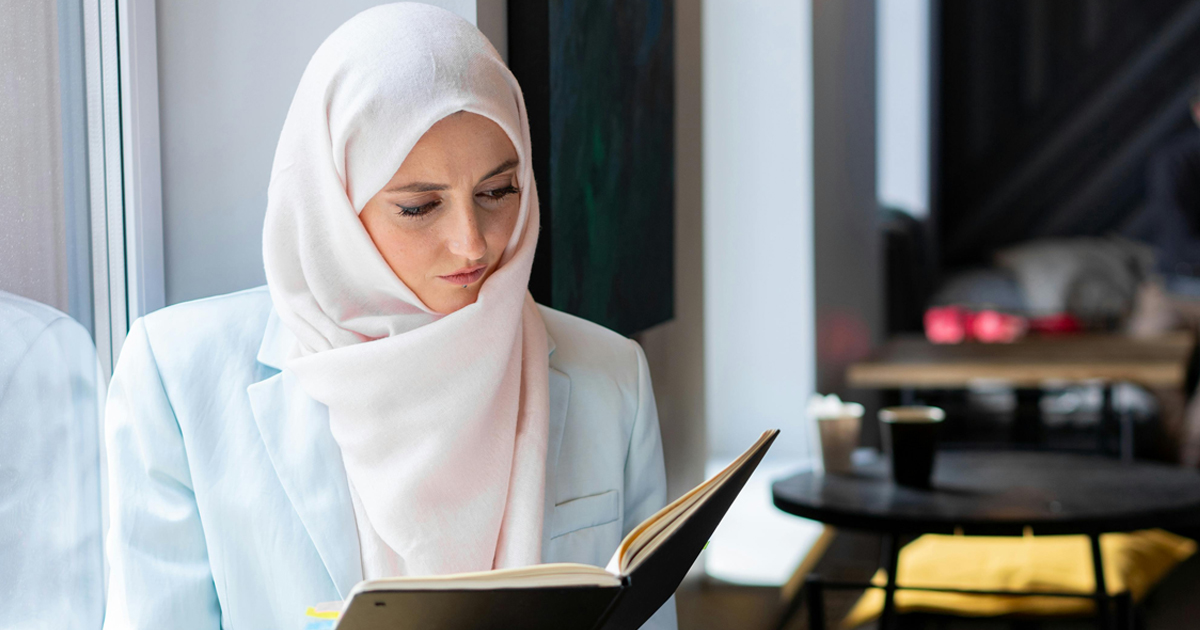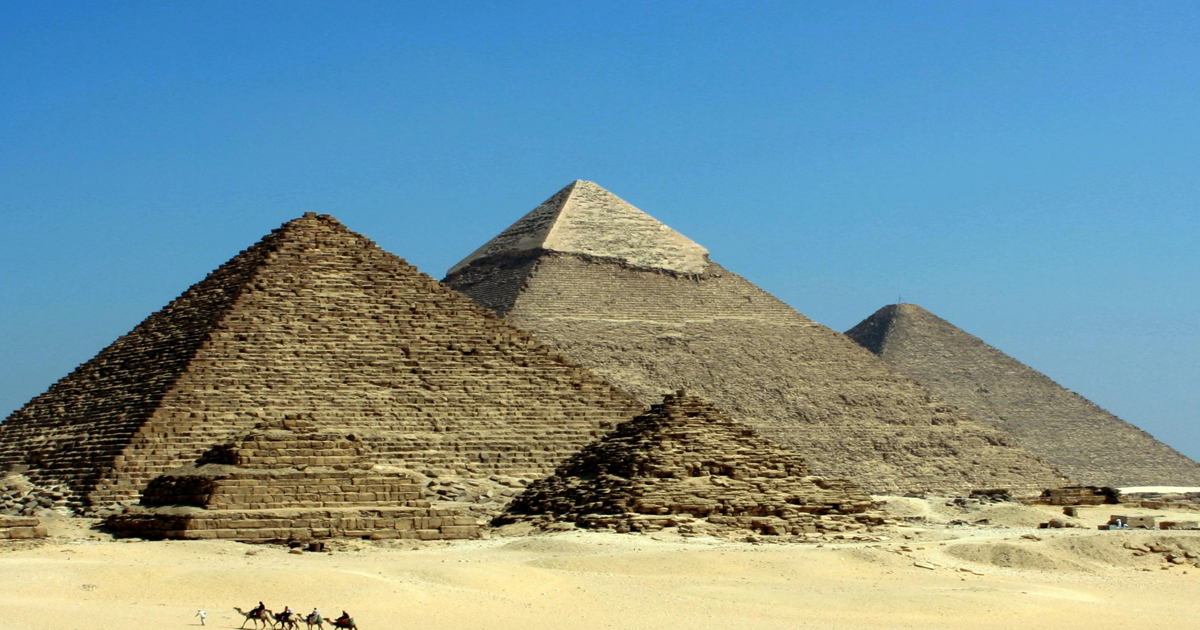Arabic culture is affected by multiple factors, such as language, artwork, religion, and history. The Arab World has a captivating history that spans centuries, and much of it plays a part in Arab culture today. Here are 5 facts about Arabic culture that can help you understand the Arab world on a deeper level and improve your experience learning the Arabic language:
#1 The Arab World Consists of 22 Countries
The Arab culture covers more than 22 countries in the Middle East, North Africa, and the Arabian Peninsula. These countries have many different backgrounds and ethnicities, but the language and its history unite them. Arabic is the official language in 24 countries and is one of the most widely spoken languages in the world. Speaking Arabic is becoming an increasingly sought-after skill because of its rising prominence in international business. Arab Academy can help you learn the language and give you a view of Arab culture. We also offer an immersion program that allows you to practice your Arabic in Cairo, Egypt.
#2 Arabic Culture Values Art
Arabic culture values art and literature, both historical and modern. Their art forms include poetry, calligraphy, music, and dance. Architecture is another popular Arabic art form, which you can see in the Cathedral of Cordoba. A lot of Arabic art and culture developed alongside Islam and were influenced by its teachings. Many monographs, manuscripts, and newspapers in historical Arabic literature are concerned with Islam, but they also include information about contemporary Arab life. You can also see words from the Quran in many pieces of art, including on mosques and tapestries. Beyond their aesthetic purposes, art serves as a bridge between Arab communities by fostering a shared appreciation for beauty.
#3 Islam Helped Develop Arabic Culture
The Islamic faith helped develop Arabic culture. It plays a large role in Arab law and how people act and dress, which affects everyday life for many Arabs. The prophet Muhammad, spread Islam in the entire Arabian Peninsula when he came back to Mecca in A.D. 630. This could have also led to the spread Arabic language and culture. The religion teaches values like adhering to Islamic principles and respecting religious rituals.
#4 Family Matters
Family is thought to be a large part of Arabic culture. Arabs lived in tribal communities historically, showing that family and community have been a part of their culture for many years. Arab families are often tight-knit and can affect an individual’s social status, as honor and dignity come from family. There are specific roles for men and women in traditional Arabic families, but they often work together to instill their faith and culture in their children.
#5 The Arab World Values Tradition and Etiquette
The Arab world has traditions and etiquette that are specific to their culture. This includes using your right hand when eating and drinking, and avoiding pointing fingers. There are also specific dress standards, but these can vary from country to country. Many women and men wear Western-style clothing in Lebanon, but in some countries, they may wear headscarves or traditional clothing daily.
Learn the Arabic Language With Arab Academy
The Arabic language is a large part of Arabic culture and history. Learning Arabic can help you fully immerse yourself in Arabic culture. It can also bring many opportunities in business and travel. Arab Academy uses online courses that implement simple and comprehensive steps to help you become fluent in Arabic. Whether you want to learn the language for work, school, or personal enrichment, we can help you. Sign up to learn more today.







